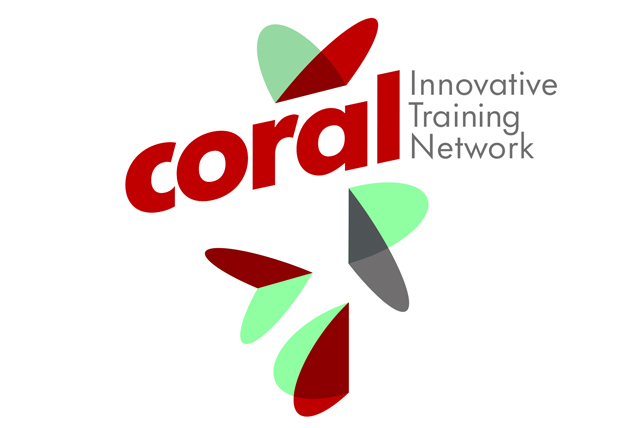Exploring the Impacts of Collaborative Workspaces in Rural and Peripheral Areas in the EU (CORAL)
Forschungsschwerpunkt: Ökonomie und Zivilgesellschaft
Projektleitung im IRS: Prof. Dr. Suntje Schmidt
Projektteam: Chen Gao Federica Ammaturo
Verbundpartner: Pantion-Universität (Koordination) Leibniz-Institut für Raumbezogene Sozialforschung Leibniz-Institut für Länderkunde Polytechnikum (Mailand) Landesverband der Kultur- und Kreativwirtschaft Sachsen Otelo eGen Impact Hub GmbH Paris School of Business European Creative Hubs Network
Förderorganisation: European Union
Laufzeit: 01/2021 - 10/2025
CORAL aims to unpack the latent dynamics and impacts of collaborative workspaces (CWS) such as coworking spaces, fablabs, and creative hubs etc. in rural and peripheral areas. The project addresses the question if and how such places can be integrated as development tools in local and regional policies to open up new potentials for socio-economic development in rural and peripheral regions across Europe. Whereas the rapid rise of CWS in urban agglomerations was observed in the past 15 years, there is now a gradual increase in the number of CWS in rural and peripheral areas as well. However, there is as yet no clear evidence about their functions, impacts and the ways that policy making could promote rural CWS. However, such policy link might be necessary for disadvantaged or peripheral regions, as only a few EU policies so far have assisted, in a fragmented way, the development of CWS in peripheral and rural areas. At the same time, there is an urgent need for qualified professionals in academia, administrations and policy, to effectively promote novel tools in lagging behind regions in and by that, open up new development opportunities.
The CORAL project develops specialised and tailor-made training to 15 Early Stage Researchers (ESR), helping them to better understand and support the development processes of CWS in rural and peripheral areas and transfer their research results into promoting a wider impact of collaborative work spaces and practices at the local and regional level. The research is organised in three thematic work packages:
1. Transforming peripheral areas through CWS: Geography, functions and socio-economic impacts
2. The impacts of CWS on the individual and the enterprise
3. New futures for collaborative spaces in peripheral areas: the policy dimension
Moreover, through different means of knowledge dissemination and exploitation (knowledge exchange days, CORAL schools, digital platform) are foreseen in the ESRs’ training programme to address a wider audience ranging from public policy makers to private stakeholders and CWS communities across the EU.


